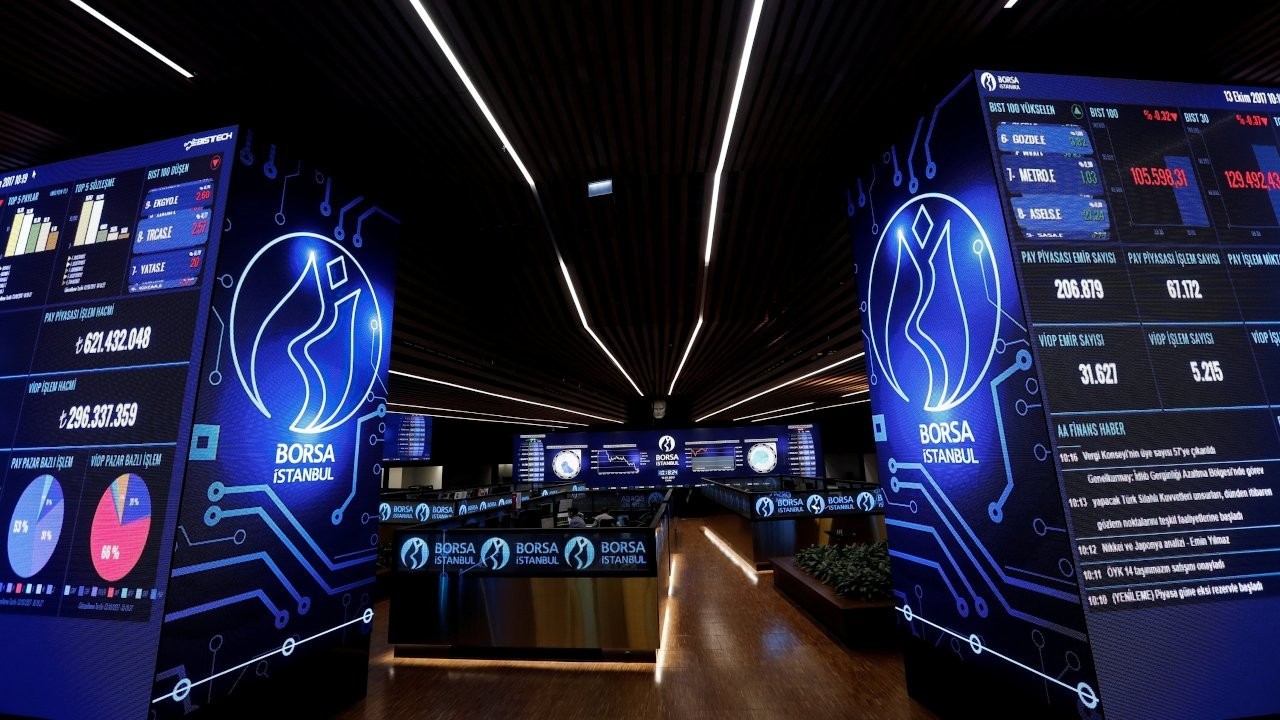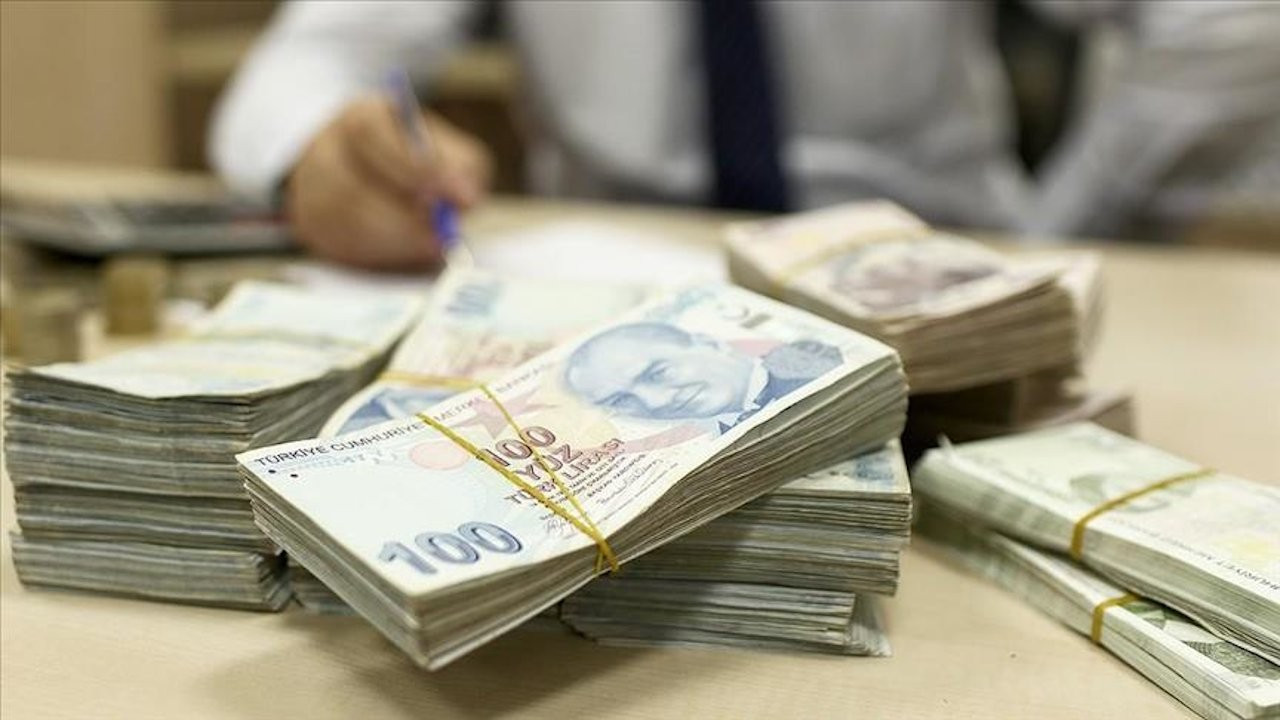Turkish investors' decision temporarily prevented lira's total collapse
Turkish investors sold 6 billion dollars worth of gold and foreign currencies on March 22 while a massive exodus of foreign investment took place keeping the depreciation of the lira around 10 percent.
K. Murat Yıldız / Duvar English
Following the unexpected midnight dismissal of Central Bank Governor Naci Ağbal by President Recep Tayyip Erdoğan, the Turkish lira depreciated over 10 percent against the dollar and the euro. The depreciation in Borsa Istanbul was 9 percent, the highest recorded drop since February 2020.
Turkey departed from its unorthodox monetary policies last November after the stepping down of the much-criticized Treasury and Finance Minister Berat Albayrak, who is also Erdoğan's son-in-law, the appointment of Lütfi Elvan, and the arrival of a new raft of market-friendly monetary policy makers, including Ağbal.
Early market reactions
After his appointment, Ağbal hiked the interest rates from 10.25 percent to 19 percent in 4.5 months, a change which was welcomed by markets and most experts.
Late on March 21, with the opening of Asian markets, the dollar lira exchange rate hit 8.50, the euro 10.08, and plunged 17.5 percent. With the opening of European and Turkish markets, the USD/TL exchange rate anchored at around 8 liras per dollar and was trading at 7.75 as of March 23 while the EURO/TL exchange rate is around 9.3. Fluctuations in the exchange rate continue as rating agencies point out the risks and vulnerability of the lira.
Government bonds and stock market also affected
The Central Bank decision also affected government bonds and the stock market negatively. Foreign investment outflows increased. Borsa Istanbul opened with a 6.65 percent fall and trading was stopped for half an hour after triggering a circuit breaker. After the reopening of the market, the downward trend continued reaching 7 percent and trading was halted once again. The stock market closed the day with a 9.79 percent drop with bank shares leading the sell-off, the highest since 2013.
Central Bank surveys
In the forecast survey conducted by the Central Bank, the year-end exchange rate expectation for USD/TL which was 7.79 TL in the previous survey period, increased to 7.95 TL in the most recent period. Similarly, the 12-month expectation rate for USD/TL rose from 7.94 to 8.20 TL. Additionally, the annual consumer inflation forecast rose from 11.23 percent to 11.54 percent.
Rumors in Ankara
Meanwhile, former Erdoğan-ally Ali Babacan, who was the deputy prime minister and is currently the leader of the Democracy and Progress Party (DEVA), recently claimed that Ağbal might have been dismissed by Erdoğan for trying to find out what happened to 128 billion liras from the treasury during Albayrak’s tenure.
“The information provided to us shows that local investors sold 6 billion dollars worth of gold and foreign currencies yesterday while a massive exodus of foreign investment took place. Despite this, the TL lost around 10 percent of its value,” former treasury official and banker Kerim Rota told Duvar English.
Regarding whether the trend would continue, Rota doesn't think so. "It was a quick reaction. We shouldn’t be optimistic that this will be the case in the coming days. Foreign investment will continue to exit Turkey. The stock exchange and SWAP interest rates point in that direction,”
“If this trend of Turkish investors does not continue, the lira will continue to lose value,” Rota added.
The Central Bank governor has no weapons
There has also been discussion about the tools the Central Bank governor has at its disposal. “The newly appointed Central Bank governor has no weapons in his hand to carry during a fight. He doesn’t have the interest rate weapon, he doesn’t have the foreign exchange weapon, and he doesn’t have the communication weapon. These are vital for a governor.”
Rota concluded stating that, “The Central Bank already had problems of communication. Ağbal was good at that and we saw what happened to him.”

 Turkey's main stock index plummets, triggers circuit breakers for second dayEconomy
Turkey's main stock index plummets, triggers circuit breakers for second dayEconomy Central bank chief might have been sacked over inquiry into 130-billion-dollar loss in FX reserves, says BabacanEconomy
Central bank chief might have been sacked over inquiry into 130-billion-dollar loss in FX reserves, says BabacanEconomy Turkey could resurrect past defences of battered currencyEconomy
Turkey could resurrect past defences of battered currencyEconomy